In the constantly evolving healthcare landscape, staying current with regulatory changes is vital. One significant player in this arena is the Health Insurance Portability and Accountability Act (HIPAA). As we step into 2024, it is imperative for healthcare professionals and marketers to comprehend the intricacies of HIPAA compliance while navigating the complexities of healthcare marketing. This extensive guide delves into the crucial elements of HIPAA compliance and offers insights into leveraging digital marketing strategies within its framework.
Understanding HIPAA Compliance
HIPAA Overview
HIPAA, enacted in 1996, aims to safeguard individuals’ health information, ensuring the confidentiality, integrity, and availability of electronic health information. The law encompasses rules for healthcare providers, health plans, and healthcare clearinghouses—collectively referred to as covered entities—and their business associates.
4 Key Components of HIPAA
- Privacy Rule: Establishes national standards for protecting certain health information, outlining conditions for using or disclosing patients’ protected health information (PHI).
- Security Rule: Sets standards for the security of electronic PHI (ePHI), including safeguards against unauthorized access, data integrity issues, and data breaches.
- Breach Notification Rule: Mandates notifying affected individuals, the Secretary of Health and Human Services, and, in some cases, the media in the event of a breach of unsecured PHI.
- Enforcement Rule: Outlines procedures for investigations and penalties for non-compliance as well as requirements for covered entities and business associate agreements.
The Significance of HIPAA Compliance
HIPAA compliance is not only a legal requirement, but it is a fundamental aspect of building trust with patients. In an era where data breaches are escalating, patients seek assurance that their sensitive health information is handled with the utmost care.
HIPAA Compliance in Healthcare Marketing
Crafting HIPAA-Compliant Marketing Strategies
Healthcare marketing is a nuanced endeavor, demanding finesse to promote services effectively while respecting patient privacy. Here’s how to ensure your marketing strategies align with HIPAA compliance:
- Patient Consent is Paramount: Obtain explicit consent from patients before using their testimonials, case studies, or any identifiable information in marketing materials. Clearly communicate how their information will be used and ensure an easy opt-out process.
- Educate Your Team: Train your marketing team on HIPAA regulations. Awareness is the first step in avoiding unintentional violations. This includes understanding what constitutes PHI and the appropriate channels for its use.
- Secure Digital Channels: In the digital age, your online presence is vital. Ensure that your website and social media channels comply with HIPAA standards. Implement encryption, secure login credentials, and regularly update security protocols to protect patient data.
HIPAA-Compliant Social Media Campaigns
While social media is a potent tool for healthcare marketing, it presents unique challenges in maintaining HIPAA compliance.
- Avoid Patient-Specific Information: Refrain from posting any patient-specific information, even seemingly innocuous details. Ensure your social media team is well-versed in HIPAA regulations to prevent inadvertent disclosures.
- Use Generic Imagery: When creating content, opt for generic images that do not reveal patient identities. This precaution extends to any visual content used in marketing collateral.
- Monitor Third-Party Comments: Be vigilant about monitoring comments on social media platforms. If patients share personal health information in the comments section, respond promptly, and encourage them to reach out privately to address their concerns. This advice also applies to healthcare online reputation management if your organization receives online reviews that contain PHI.
Data Analytics and HIPAA Compliance
As we transition into 2024, the importance of data analytics in healthcare marketing is increasingly evident. Through the strategic application of data, healthcare organizations can glean invaluable insights into patient behaviors, preferences, and healthcare needs. This more nuanced understanding empowers marketing professionals to curate tailored and impactful campaigns that resonate with target demographics, while also allowing them to gauge efficacy like never before. This facilitates a continuous cycle of refinement and optimization in marketing strategies.
The Role of Data Analytics
- Targeted Marketing Campaigns: Data analytics allows for precise audience segmentation, improving the effectiveness of campaigns and minimizing the risk of non-compliance by ensuring marketing materials reach the right audience.
- Monitoring and Adaptation: Data analytics enables real-time monitoring of campaign performance. This allows for quick adaptation and refinement of strategies, ensuring marketing efforts remain aligned with both HIPAA regulations and the evolving needs of the audience.
HIPAA-Compliant AI Implementation
In recent years artificial intelligence (AI) has taken the world by storm, and healthcare marketing is not immune to its charms. By harnessing the power of AI, analysis of extensive amounts of patient data unveils patterns and correlations that might slip through the cracks using conventional methods.
These newfound insights can enable you to pinpoint high-potential patient groups, customize messages for distinct demographics, and predict patient behavior with unprecedented precision.
Keys to Keeping AI HIPAA-Compliant
- Data Anonymization: Before using AI for data analysis, ensure patient data is anonymized and stripped of identifiable information. This protects patient privacy while allowing for meaningful insights. This means that you should never simply upload patient information into ChatGPT or another publicly used AI tool.
- Encryption and Security Measures: AI systems often rely on vast amounts of data. Implement robust encryption and security measures to protect this data from unauthorized access, meeting both HIPAA and industry best practices.
Key Takeaways About HIPAA Compliance & Marketing
Navigating the intersection of healthcare marketing and HIPAA compliance in 2024 requires a proactive and informed approach. By understanding HIPAA regulations and incorporating them into marketing strategies, trust with patients can be built. The integration of emerging technologies, like AI and data analytics, should be done responsibly, ensuring compliance and ethical, patient-centric healthcare practices. Compliance is not just a legal obligation but a cornerstone of maintaining trust and respecting patient privacy in the ever-evolving healthcare landscape.
Baker Marketing Laboratory has over a decade in business helping healthcare practices find their footing in the digital world. To get started with HIPAA-compliant digital marketing strategies, simply schedule a free consultation here. We’d love to help you unlock the patient growth you deserve!


